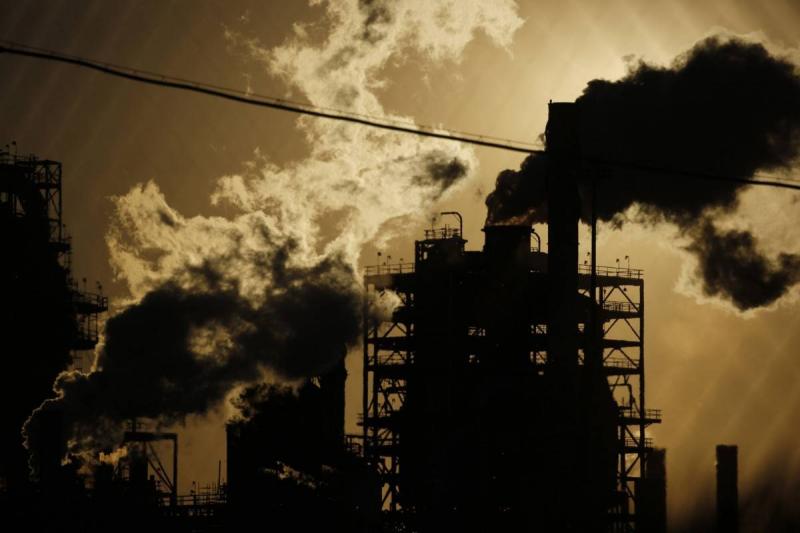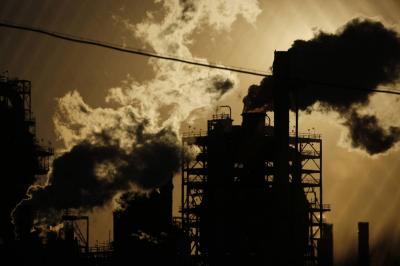Oil prices rose toward $74 a barrel on Wednesday, as investors tracked the high-risk stalemate between Saudi Arabia and the United Arab Emirates, which hindered efforts to increase production by the "OPEC+" alliance to meet rising demand. West Texas Intermediate crude rose by 0.6% after a 2.4% drop on Tuesday, as a strong dollar spurred heavy selling of commodities. Prior to this decline, prices had reached their highest levels since 2014 due to concerns that the alliance's dispute would halt the return of more crude oil to the market. White House spokesperson Jen Psaki stated that U.S. officials had spoken with both sides.
In signs of market tightening, at least five Asian companies plan to process oil to receive full contractual volumes from Saudi Arabia, despite the kingdom raising prices for August due to a lack of cheaper alternatives. Saudi Aramco raised the official selling price of Arab Light crude by 80 cents a barrel to $2.70 above the regional benchmark for Asia, marking the largest monthly increase since January and indicating that the oil giant will not boost production next month.
Oil prices have increased since the beginning of 2021, as the rollout of COVID-19 vaccinations allowed major economies to reopen, leading to a global recovery in consumption, while OPEC and its allies have restored some production lost during the pandemic peak. However, they currently cannot agree on a way forward. If no compromise is reached, this means that "OPEC+" may not increase production in August, further tightening the market.
Wayne Gordon, a strategic analyst at UBS Wealth Management, stated that based on comments from key OPEC members, they are likely to reach an agreement. Saudi Arabia and Russia, a partner in "OPEC+", are very much inclined to keep things as they are. By 7:30 AM in London, the West Texas Intermediate crude for August delivery rose by 0.6% to $73.77 a barrel on the New York Mercantile Exchange, while Brent crude for September rose by 0.4% to $74.85 a barrel on the European futures market. Prices had fallen by 3.4% on Tuesday.
Potential Scenarios
J.P. Morgan is among the banks expecting an agreement, stating in a memo that "OPEC+" is likely to ultimately agree in the coming weeks to increase production by 400,000 barrels per day each month for the remainder of 2021. At the same time, widening divisions between the Gulf allies (Saudi Arabia and the UAE) could prompt alliance members to pump more oil unilaterally, potentially causing prices to collapse without controls. There is a possibility of a price war, but all parties involved will try to avoid that, according to Dutch bank ING Group.
Psaki indicated during a press briefing that U.S. officials are "encouraged" by the "OPEC" talks and have communicated with their counterparts in Saudi Arabia and the UAE in hopes of reaching an agreement to halt the rise in oil prices. She clarified that the impact on gasoline prices in the United States is of concern to the U.S. administration.
Pricing patterns in the crude oil market continue to indicate tightening, with the spot price spread of Brent crude reaching 98 cents a barrel in the opposite direction, indicating an upward trend, compared to 51 cents a barrel a week ago.




